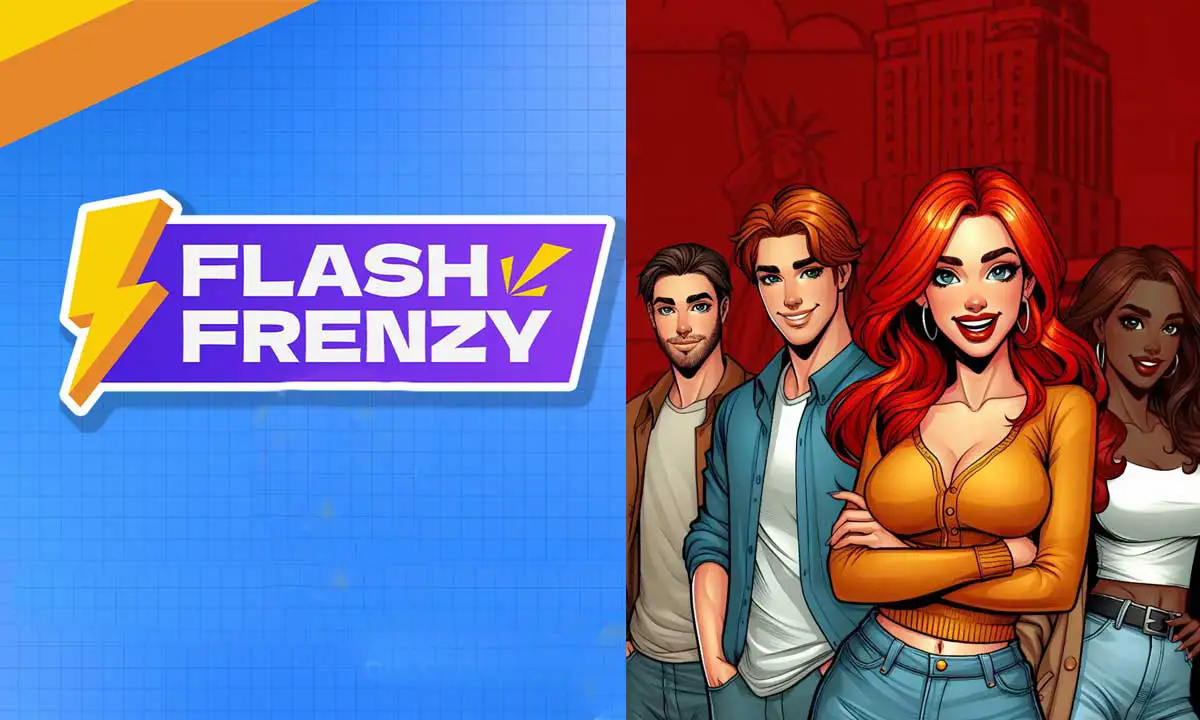Short-term promotions can generate urgency across various consumer markets. Travel companies and digital platforms leverage time-sensitive offers to elicit immediate action from consumers. Although hotel chains and casino promotions belong to different industries, they typically employ the same psychological triggers in their flash sales. If they can create urgency with novelty and time, they usually will.
Scarcity tactics that prompt quick decisions
Urgency or scarcity-based offers work on powerful influences of perceived scarcity. If opportunities are viewed as finite, consumers take immediate action. This psychological concept is effective for every product category. While there is no limited number of ways to demonstrate scarcity, here are a few common attitudes and powerful examples:
- Countdown timers signaling remaining hours or minutes
- Limit reporting showing available and remaining inventory
- Favorite customer access
- Seasonal themes that suggest limited time or a finite window of opportunity
Countdown timers function identically across industries. Hotel booking sites display prominent clocks showing when point sales will expire. Casino platforms that offer free sweeps coins implement nearly identical timers for special coin package promotions. These visual reminders induce anxiety about missing opportunities, which in turn prompts immediate decision-making.
Visual design elements that highlight exclusivity
Beyond simple time constraints, both industries employ specific design approaches. These visual cues signal special opportunities distinct from standard offerings. The aesthetic treatments create the impression of exclusive access to premium values.
Key visual techniques include
- Color schemes that contrast with normal site design
- Animated elements that draw attention to offers
- Badge or banner treatments signaling special status
- Size emphasis making promotions visually dominant
- Position priority, placing offers in prime screen locations
Animation generates additional attention capture. Travel deal alerts frequently preview movement as a way to grab the eye among other static content. Gaming engines, using different programming and design, use similar notions of motion for promotional content. These moving parts also enhance gravitational pull, drawing eyes into the advertising in an otherwise static environment.
The psychological motives behind these messages don’t change from industry to industry. No matter whether you are trying to sell hotel point packages, coins for a digital game, or anything in between, limited-time offers create an element of fear among consumers when they are told they will lose an opportunity.
Even the use of artificial timelines helps take consumers who are passive, paused in their hesitation, to the point of commitment. Both industries have conducted response testing to determine the optimal timing for setting up these promotions. Next, apply the collected data to refine these elements for optimal success.
Equally important to consumers is the awareness that these tactics happen across virtually all retail industries. Understanding the psychological motivations behind flash sales can help individuals reflect on their own experiences of feeling artificial urgency. These tactics require assessing the actual value; meanwhile, consumers are solely assessing the manufactured urgency.
Disclaimer:
The content provided is for informational purposes only and is not intended as marketing advice. While it discusses common promotional strategies used across industries, including psychological tactics such as urgency and scarcity, readers should critically evaluate such methods before applying them or making purchasing decisions. Always consider the actual value of an offer before acting on time-sensitive promotions.

